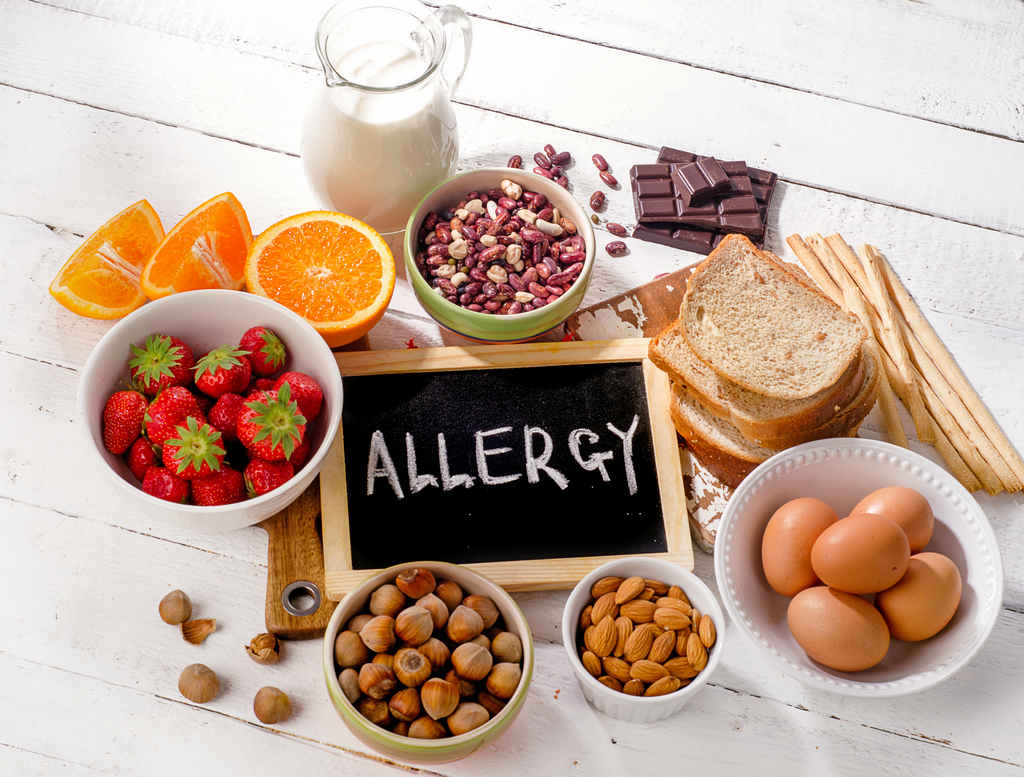A food allergy is a specific type of adverse food reaction involving the immune system. The body produces what is called an allergic, or immunoglobulin E (IgE), antibody to a food. Once a specific food is ingested and binds with the IgE antibody, an allergic response ensues.

A food allergy should not be confused with a food intolerance or other nonallergic food reactions. Various epidemiological surveys have indicated that almost 80 percent of people who are asked if they have a food allergy respond that they do when, in fact, they do not have a true IgE-mediated food allergy.
Food Intolerance
Food intolerance refers to an abnormal response to a food or additive, but it differs from an allergy in that it does not involve the immune system. For example, people who have recurring gastrointestinal problems when they drink milk may say they have a milk allergy. But they really may be lactose intolerant.
- Learn the best practices for serving a food allergic customer including: the role of management, how to properly prepare an allergen safe meal, and the front of the house and back of the house responsibilities.
- Reg Price: $15.00
- Enter Code "train10off" at Checkout
Signs and Symptoms of a Food Allergy
Symptoms of a food allergy usually develop within about an hour after eating the offending food. The most common signs and symptoms of a food allergy include:
- Hives, itching, or skin rash
- Swelling of the lips, face, tongue and throat, or other parts of the body
- Wheezing, nasal congestion, or trouble breathing
- Abdominal pain, diarrhea, nausea, or vomiting
- Dizziness, lightheadedness, or fainting

In a severe allergic reaction to food—called anaphylaxis—you may have more extreme versions of the above reactions. Or you may experience life-threatening signs and symptoms such as:
- Swelling of the throat and air passages that makes it difficult to breathe
- Shock, with a severe drop in blood pressure
- Rapid, irregular pulse
- Loss of consciousness
